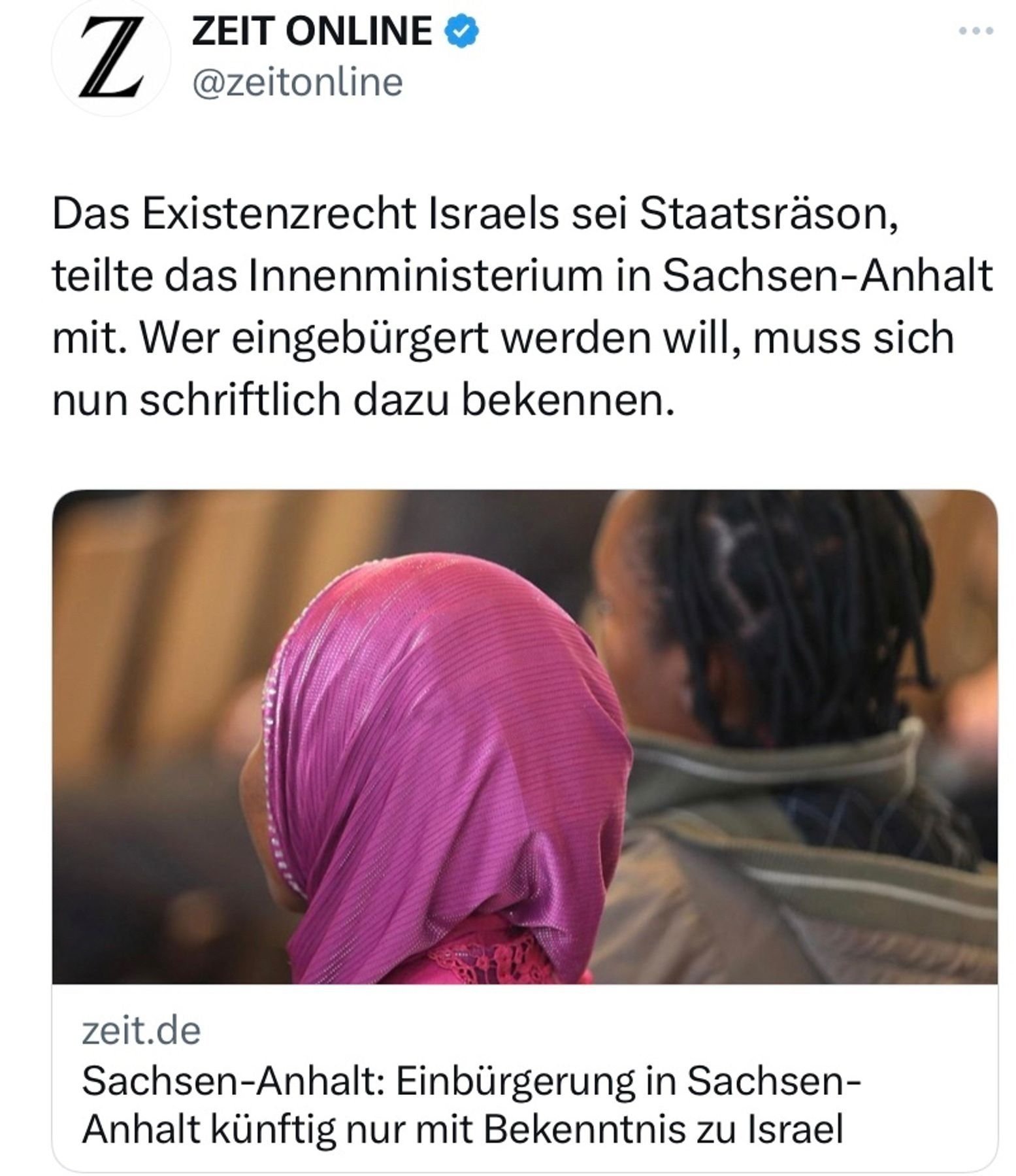From Critique to Change: NdM influences ZEIT ONLINE’s visual narrative
In today’s media landscape, our Get The Trolls Out! Project aims to actively challenge portrayals that perpetuate stereotypes and marginalise certain communities. In partnership with the Media Diversity Institute (MDI) as our lead partner, and collaborating with organisations like the Neue deutsche Medienmacher*innen Association (NdM), we are dedicated to addressing issues of hate speech and discrimination in media representations.
Screenshot from ZEIT ONLINE’s Twitter Page
What Happened? NdM Files Complaint Against ZEIT ONLINE
Recently, our project partner, Neue deutsche Medienmacher*innen Association (NdM), a German organisation advocating for increased diversity in journalism and against online hate speech, has sent a complaint to ZEIT ONLINE, one of Germany’s largest news organisations for its use of imagery depicting a Muslim woman. This action has sparked a crucial conversation about responsible media imagery and the need for more inclusive representation.
Why ZEIT ONLINE’s Choice of Imagery is Troubling
In a recent development surrounding the depiction of Muslim women in media, the Neue deutsche Medienmacher*innen (NdM) have raised concerns over ZEIT ONLINE’s choice of imagery in an article discussing the Interior Ministry’s decree in Saxony-Anhalt, Germany. The article, exploring naturalisation requirements and the ongoing debate in Germany regarding the potential need for individuals to provide a written statement affirming Israel’s right to exist, included a photo of a woman wearing a headscarf, captured from behind. The use of imagery prompted NdM to question the editorial decision.
NdM’s complaint centred on the portrayal of Muslim women, arguing that the imagery can have consequences, as it portrays Muslim women as ‘passive and invisible’, reducing the headscarf to a symbol of problems. This perpetuates harmful stereotypes and contributes to the marginalisation of Muslim communities. Moreover, NdM argues that the imagery can have consequences especially amidst today’s ongoing political conflicts such as the Israeli-Palestinian conflict. By pairing the article with an image of a Muslim woman, it suggests a direct association between Islam and the content of the article, which focuses on commitments to Israel’s right to exist as a condition for naturalisation. This visual representation may reinforce stereotypes or assumptions linking Muslims with antisemitism, even though antisemitism is not an inherent aspect of Islam.
What Action Was Taken by NdM?
The organisation emphasised the importance of responsible representation in media, particularly in addressing sensitive topics like religious identity and political discourse. Their complaint was succinctly communicated on Bluesky Social on the 6th of December 2023, urging ZEIT ONLINE to reconsider their imagery choices and promote more inclusive narratives.
How Did ZEIT ONLINE Respond to NdM’s Complaint?
Upon receiving NdM’s complaint, ZEIT ONLINE swiftly responded by revising the image accompanying the article. The editors acknowledged the valid concerns raised by NdM and took immediate action to rectify the situation by removing the original image on the article and on the Twitter account.
Ready to Combat Islamophobia in the Media?
As the debate continues regarding the portrayal of marginalised communities in media narratives, instances like these highlight the importance of ongoing vigilance and accountability in ensuring respectful and inclusive representation for all. For those interested in further exploring and combating Islamophobic narratives in the media, I encourage you to visit the link below to access our guide on Islamophobic narratives and take action against harmful stereotypes. Let’s work together to promote understanding and foster a more inclusive media landscape.
Explore Our Guide and Take Action at: getthetrollsout.org/campaign/islamophobic-narratives.

